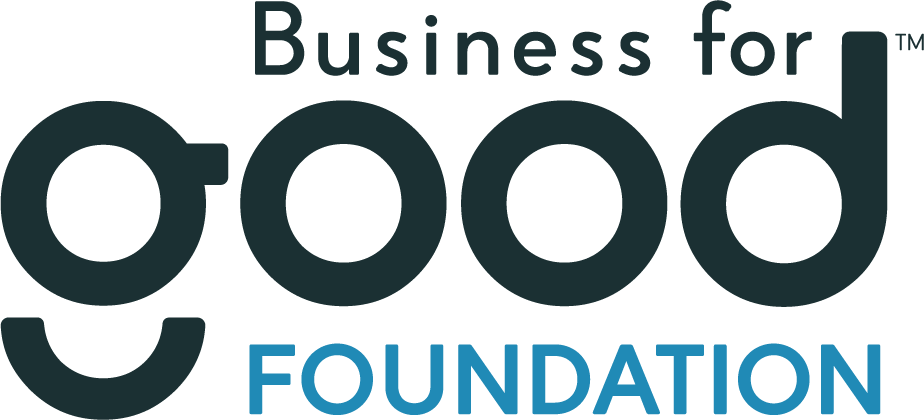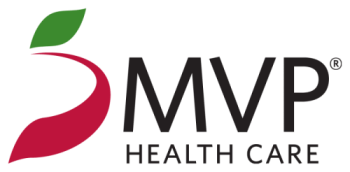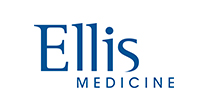News
October 21, 2015UAlbany Awarded $1.4 Million to Develop Training for Substance Abuse Issues
The Substance Abuse and Mental Health Services Administration (SAMHSA) Center for Substance Abuse Treatment within the U.S. Department of Health and Human Services has awarded the University at Albany $944,982 to develop a program to train substance abuse practitioners in Screening, Brief Intervention, and Referral to Treatment (SBIRT).
SBIRT is an approach to delivering early intervention and treatment to people with, or at-risk of developing alcohol and drug abuse disorders. The award addresses the increasing need for professional psychologists and mental health counselors working across a wide range of service delivery settings to be trained in SBIRT.
SBIRT Training
- Dolores Cimini, Ph.D., the assistant director for prevention and program evaluation in the University’s Counseling and Psychological Services (CAPS) and Jessica L. Martin, Ph.D.,
assistant professor of educational and counseling psychology, will partner to develop a SBIRT Training Collaborative in Professional Psychology. The program will implement and evaluate a comprehensive SBIRT training program across the UAlbany’s five nationally-accredited doctoral and master’s-level training programs in professional psychology.
These programs include a doctoral program in clinical psychology, doctoral and master’s programs in counseling psychology, and doctoral and master’s programs in school psychology.
Beyond the provision of SBIRT instruction within the consortium, CAPS leadership will develop an advanced practicum in SBIRT as well as doctoral internship and postdoctoral fellowship specialty training programs within its agency in the application of SBIRT for high-risk target populations.
“The focus on screening and brief intervention that the grant from SAMHSA offers is consistent with the student services mission of CAPS,” said Estela M. Rivero, Ph.D., CAPS director. “CAPS works within a public health framework, in which we offer evidence-based programs for students that support health, identify at-risk students early, and provide these students with timely and responsive mental health services. The grant will allow CAPS to continue its tradition of providing our students with vital access to cutting-edge psychological services and assist us in our mission of training our future psychologists to offer these best practices.”
NIDA Grant
In addition, Cimini was awarded $452,000 by the National Institute on Drug Abuse (NIDA) to research prescription stimulant medication (PSM) misuse among college students, a serious public health concern associated with a wide range of negative consequences.
The goal is to develop web-based personalized feedback interventions (PFIs) that can be delivered to at-risk students in person by trained professionals or via the web. PFI’s have shown efficacy in reducing problematic alcohol and marijuana use in the college age population. No research to date has evaluated PFI approaches to PSM misuse among college students.
The multi-institutional, multi-investigator grant project is led by the University of Washington, with support by UAlbany’s CAPS and the University of Maryland College Park.
About Counseling and Psychological Services
The University at Albany’s Counseling and Psychological Services promotes the intellectual, emotional, and physical development of all students. Through the creation, coordination, and delivery of broadly based psychological services, health promotion initiatives, and prevention programs, we enhance the academic productivity and personal wellbeing of University at Albany students.
The University has a diverse student body with regard to race, ethnicity, culture, language, nationality, gender, age, disability, sexual orientation, spirituality, and other aspects of identity. Counseling and Psychological Services proudly welcomes this diversity and is committed to promoting social justice and assisting all students.
In addition, to advance the discovery and learning missions of the University, CAPS professionals conduct grant funded research, provide training for doctoral students, teach undergraduate and graduate courses, and supervise two peer education programs.
CAPS has been a national leader in developing and promoting evidence-based best practices addressing alcohol abuse among college students. The STEPS Comprehensive Alcohol Screening and brief Intervention Program designed and tested by CAPS staff is listed in the national Registry of Evidence-based Programs and Practices of the Substance Abuse and Mental Health Services administration after undergoing a rigorous peer review process.



























